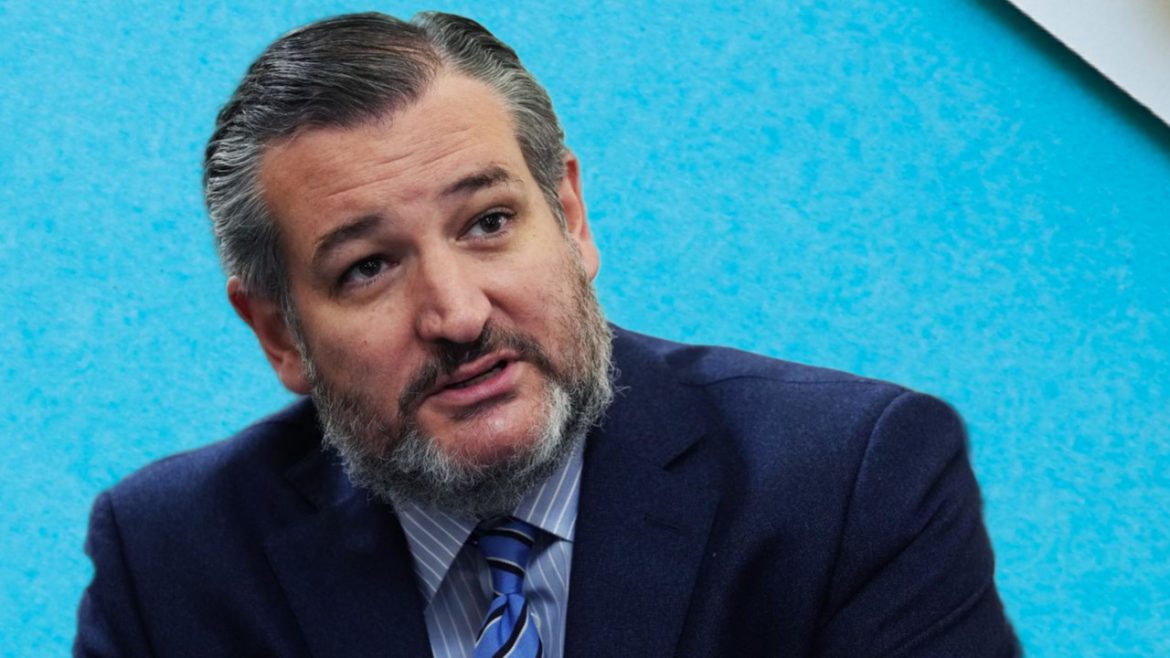KEY POINTS
- Washington strengthens its Africa energy partnership with investment-led diplomacy.
- U.S. energy officials push private capital into gas and LNG projects.
- The focus is on transparent, long-term cooperation over aid-based ties.
U.S. Senator Ted Cruz has called for a stronger partnership between the United States and Africa, describing the continent as a strategic ally and a rising force in the global energy economy.
Speaking at the African Energy Week conference in Cape Town, Cruz said Washington must anchor its presence in Africa through energy exploration, production, and infrastructure investment to support the continent’s development and secure mutual growth.
U.S. renews Africa energy partnership
Cruz said Africa represents a defining opportunity for the U.S. to act as a partner in progress rather than a donor. “Africa is a strategic partner,” he said, presenting the U.S. as the alternative to China’s state-led engagement model. “We’re here to create a robust partnership that drives prosperity on both sides.”
Drawing from Texas’ experience as an energy powerhouse, Cruz compared Africa’s potential to the oil-driven boom that transformed his home state’s economy. He said energy development had delivered jobs and growth in Texas, and similar results were within Africa’s reach with the right partnerships. “The United States should be a strong and committed partner in Africa’s energy future,” he said.
His remarks come as Washington seeks to reposition itself in a landscape long dominated by China and Gulf states. Unlike Beijing’s infrastructure-heavy approach, U.S. officials are promoting private investment and commercial transparency as the foundation of their engagement. Cruz said this investment-led approach could secure a “freer and more prosperous energy future” for both regions.
DOE builds on Africa energy partnership
Senior U.S. energy officials at the event reinforced Cruz’s message. The Department of Energy’s Andrew Rapp said the agency was working to attract private capital into African projects through a “multiplier effect,” noting support from the highest levels of the U.S. administration.
Josh Volz, Deputy Assistant Secretary at the DOE, said the U.S. respects African nations’ right to shape their own energy policies. “International governments should not stand in the way of how African nations determine their energy futures,” he said.
The U.S. currently has about $65 billion in private investment across Africa and an additional $2.5 billion commitment initiated under the Trump administration to expand the continent’s energy reach. Officials are particularly focused on natural gas and LPG as transition fuels.
Energy Secretary Chris Wright recently emphasised this focus, highlighting efforts to improve access to LPG and clean cooking solutions. “Africa needs massively more energy,” Wright said. “The United States is thrilled to partner with you in that endeavour.”
American firms are already advancing key projects. EXIM Bank has approved a $4.7 billion loan for Mozambique’s LNG project, while ExxonMobil plans to invest $1.5 billion in Nigeria’s Usan field. Kosmos Energy continues work on the Greater Tortue Ahmeyim LNG project in Mauritania and Senegal, expected to deliver up to 5 million tonnes of LNG per year.
Washington’s new tone, driven by investment and respect for sovereignty, reflects an effort to frame the Africa energy partnership as both a strategic and economic priority



